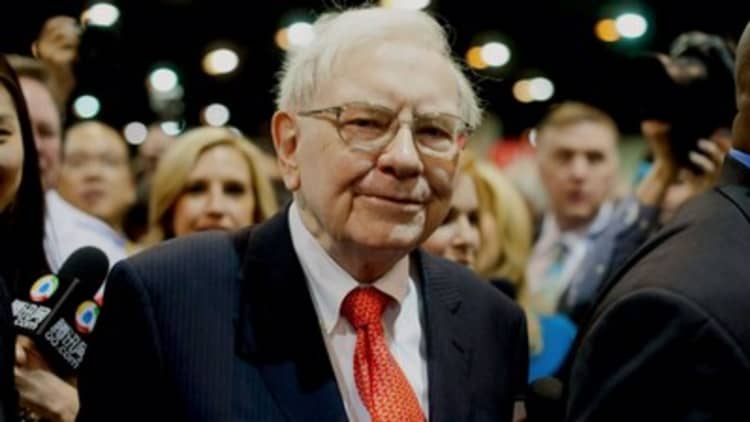Nearly one-third of American households, 29%, live in "lower class" households, the Pew Research Center finds in a 2018 report. The median income of that group was $25,624 in 2016.
Pew defines the lower class as adults whose annual household income is less than two-thirds the national median. That's after incomes have been adjusted for household size, since smaller households require less money to support the same lifestyle as larger ones.
The share of U.S. adults considered lower class varies depending on where you live, Pew notes: "The metropolitan areas with the largest shares of lower-income adults are located primarily in the Southwest." The metro with the highest share is Laredo, Texas, where almost half of households (49%) are considered lower class.
More than half of American households, 52%, are considered middle class, Pew reports, while 19% are upper class. The median income of middle class households was $78,442 in 2016. For upper income households, it was $187,872.
According to the report, "the wealth gaps between upper-income families and lower- and middle-income families in 2016 were at the highest levels recorded." The widening gap is "the continuation of a decades-long trend," Pew adds: In 1970, when it first analyzed income data in America, the median income of upper-income households was 6.3 times that of lower-income households. That ratio increased to 7.3 in 2016.
More recent data from the U.S. Census Bureau finds that the gap between the rich and the poor has grown since 2016 and hit a new record in 2018.

Billionaires like Ray Dalio and Bill Gates have weighed in on growing income inequality in the U.S. Dalio called it a "national emergency" earlier this year — and has called for higher taxes on the rich, like himself, to use toward things like public education and infrastructure.
"One way or another, the important thing is to take those tax dollars and make them productive," he said on an episode of "60 Minutes."
Self-made billionaire and Microsoft cofounder Bill Gates would also like to see higher taxes levied on the top earners. "I think you can make the tax system take a much higher portion from people with great wealth," he said during an appearance on "The Late Show" with his wife, Melinda, in February 2019.
I think you can make the tax system take a much higher portion from people with great wealth.Bill Gates
For practical reasons, Bill and Melinda Gates don't want lawmakers to get bogged down in arguments about the top marginal rate, which is currently 37%. "If you focus on that, you're missing the picture," Bill said in an interview with The Verge.
"In terms of revenue collection, you wouldn't want to just focus on the ordinary income rate, because people who are wealthy have a rounding error of ordinary income," he said. "They have income that just is the value of their stock, which if they don't sell it, it doesn't show up as income at all. Or if it shows up, it shows over in the capital gains side."
Instead, he suggested the government should be more progressive with "the estate tax and the tax on capital. ... We can be more progressive without really threatening income generation."
During a conversation with hundreds of high school students in New York City earlier this year, the couple specifically spoke out about the estate tax, which is levied on assets passed from one person to another, often from parent to child, at the time of death. Currently, it only applies to those who inherit estates worth more than $11.4 million.
If you're going to give money to your children, "you should be taxed at a very high rate for passing that on," said Melinda, "so that a lot of it goes to the government and some goes to your kids."
Bill chimed in: "You can go a long ways raising the estate tax, raising the capital gains tax and collecting more resources for the equity things we want government to be able to do."
Don't miss: About half of Americans don't know what tax bracket they're now in—here's how to find out
Like this story? Subscribe to CNBC Make It on YouTube!



